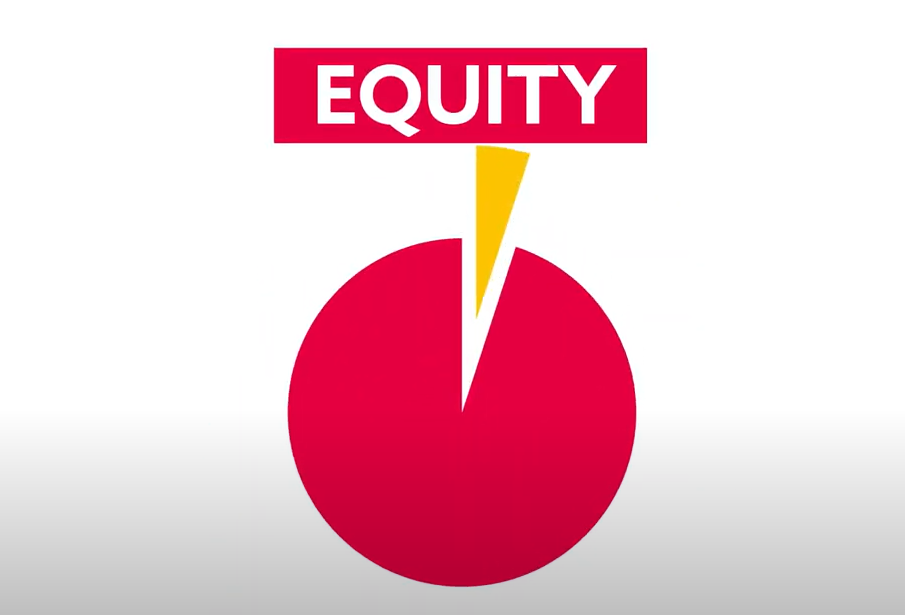Chances are you’ve come across the term ‘private equity’ (PE) before. You’ve probably also used products and services from PE backed companies, whether that’s staying at the Hilton, working out at PureGym, or eating at Pret a Manger.
But if you’re not sure what exactly it is, then this article is for you. We explain the basics of private equity, how it works, how it’s different to venture capital, and when businesses might use it.
What is private equity?
Private equity is the investment of capital into private companies (or companies that become private), rather than those that are publicly listed or traded on a stock exchange. They’re often investments made into more mature, established companies by private equity firms.
How does private equity work?
Similarly to venture capital firms, private equity (PE) firms raise pools of capital from investors called limited partners (LPs). These include institutional investors like pension funds and insurance companies, as well as family offices and high net worth individuals. The PE fund managers also tend to put some of their own capital into the fund to ensure they have ‘skin in the game’.
PE firms then use the money they raise to invest in established businesses that appear poised for growth or improvement. They may purchase a company outright or buy an equity stake in the company. Following investment, many PE investors take a hands-on role. They help the management team to grow the business by providing advice and support in areas such as strategy, financial management, and operations. PE investors are often highly experienced in helping businesses to execute growth strategies and have a lot to offer in terms of expertise, skills, and connections.

PE funds typically have a limited lifespan of around 10 years. By the end of this time, they look to exit their investments and return the original capital, plus any returns made, to the fund’s investors. There are a number of potential exit routes for PE firms, including conducting an initial public offering (IPO) or selling their stake to a strategic buyer or another PE investor.
PE investments can be structured in different ways and can be used for various purposes, including:
- Expansion - Established businesses sometimes need capital and expertise to take the next major growth step. This might be acquiring a competitor, developing new products, or entering new markets, for instance. PE can help to supercharge the growth and value of the business.
- Management buyouts (MBOs) and management buy ins (MBIs) - PE can enable existing management teams to acquire all or a significant part of the company from the owners. It can also be used by management teams who want to purchase a business they’re not currently working for. Buyout transactions are often executed as leveraged buyouts (LBOs), meaning that the acquisition is funded by a combination of equity and a high proportion of debt.
- Turnarounds - When a company is struggling financially, a PE firm might attempt a turnaround. This essentially involves injecting capital and restructuring the company with the aim of making it successful again.
- Public to private transactions - A public company may decide to go back to private ownership for a number of reasons - for example, it might be undervalued in the public markets, or the management may want fewer regulatory and reporting requirements. Private equity firms can be the solution in this scenario. They buy a controlling stake in the company and delist it from stock exchanges. Public to private transactions often take the form of a leveraged buyout, with the PE firm borrowing a substantial amount of debt to meet the purchase price.
What is the difference between private equity and venture capital?
Private equity is sometimes used as a broad term that encompasses venture capital. And to make matters even more confusing, the line between PE and venture capital (VC) isn’t always clear-cut in practice, either. PE and VC firms are moving into different segments, expanding the ways in which they invest and the business stages they invest in. But here are a few of the key things that traditionally differentiate PE and venture capital investing:
- Company stage - Venture capital funds generally invest in early stage companies with high growth potential, while private equity funds invest in mature businesses with a track record of revenue generation and profitability. However, as both have started making more investments at the growth stage, the distinction has become slightly blurred. ‘Growth equity’ sits between VC and PE and combines features of both.
- Ownership percentage - VCs provide funding in exchange for a minority stake in the business. PE investors are more likely to take a majority, or sometimes a large minority, stake.
- Company sector - Venture capitalists are especially, but not exclusively, interested in tech companies, whereas PE firms tend to invest in a broader range of industries.
- Investment size - PE firms often provide larger amounts of cash than VCs, as they focus on more established businesses and acquire larger equity stakes.
- Investment type - VC firms only use equity (the cash raised from outside investors) to make their investments. By contrast, when enacting a leveraged buyout a PE firm also borrows money, therefore bringing both debt and equity into the investee company.
To find out more about venture capital, check out our blog post What is venture capital and how does it work?
Is private equity right for your business?
If you have an established, profitable company and want to take it to the next level, then private equity could be an option. You’d likely have to sell a substantial minority or even majority stake in your business, but in return you could gain the large amount of capital and expertise needed to carry out an ambitious growth strategy. Similarly, if you want to buy or sell a business, then PE is a funding source to consider, especially if you can’t secure a bank loan. The PE firm would typically work alongside the management team to help grow the business and enhance its value. So, if you think you’d benefit from the active involvement of an investor, then private equity may be the right choice for you.
If you’d like to find out more about types of equity financing, then read our blog post, What is equity finance and how does it work?
The Development Bank of Wales provides equity investment of up to £5 million to support growth, buying a business, and developing a tech venture. We can co-invest alongside other funding sources such as venture capital and PE. Find out more on our equity finance page.

